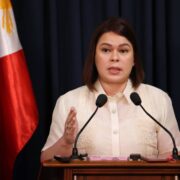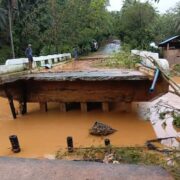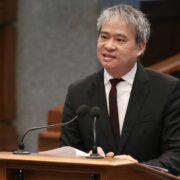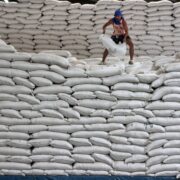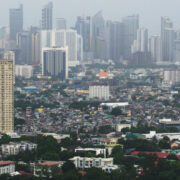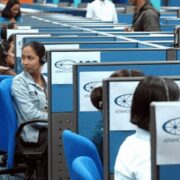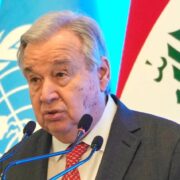1 in 5 people in Western Pacific suffer ‘catastrophic’ health EXPENSES
One out of five people in the Philippines and other countries in the Western Pacific Region face “catastrophic” health expenses each year, according to a new report from the World Health Organization (WHO).
The WHO report, to be released on Dec. 12 to commemorate Universal Health Coverage Day, said that access to essential health services has increased over the past two decades but comes at a high cost to families in the Western Pacific Region.
“The percentage of people in the Western Pacific who suffered catastrophic health expenses doubled between 2000 and 2017,” the WHO said in a statement on Monday.
“In 2000, one in 10 people in the region incurred catastrophic health spending. By 2017, this proportion had increased to one in five, totaling some 385 million people in the Western Pacific facing catastrophic spending on health care,” it pointed out.
Health expenses are considered “catastrophic” if they exceed 10 percent of the total household budget.
The WHO’s Western Pacific region consists of 37 countries, including the Philippines.
“No person should have to choose between whether to seek life-saving care or to feed their family,” said Dr. Zsuzsanna Jakab, WHO acting regional director for the Western Pacific.
Universal health coverage
“To achieve universal health coverage and reduce catastrophic health spending, it is critical that governments prioritize investments in health and implement effective policies to protect the poorest and most vulnerable,” she added.
Medicines are the biggest drivers of out-of-pocket health spending, followed by outpatient care or health services that do not involve staying overnight in a hospital, according to the WHO.
“The evidence is alarming in this region. Not only does paying for surgeries or complex care in hospitals lead to financial hardship, so does paying for medicines,” said Lluis Vinyals Torres, WHO director of health systems and services for the Western Pacific.
“When governments do not cover the cost of outpatient medicines, make quality medicines available through the public sector, or regulate medicine prices, it forces families into financial hardship. This is particularly true for patients with chronic conditions who need daily medications,” he said.
The WHO warned policymakers that the goal of providing access to quality, affordable and accessible health care by 2030 will not be achieved “without strong and effective financial protection measures.”
“Strengthening financial protection requires policymakers to increase public funding for health, implement strategies to allocate resources efficiently, prioritize the poorest and most vulnerable groups, reduce out-of-pocket expenses on medicines, and improve data collection on financial hardship and financial barriers to accessing services,” said the WHO.
The report presented data on health-related financial hardship for 13 countries in the Western Pacific region from 2000 to 2017, namely Australia, Cambodia, China, Fiji, Japan, Kiribati, Laos, Malaysia, Mongolia, South Korea, Singapore, Vietnam and the Philippines. INQ



